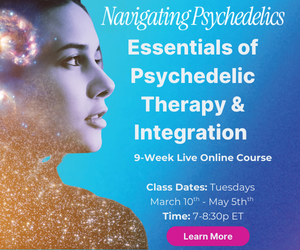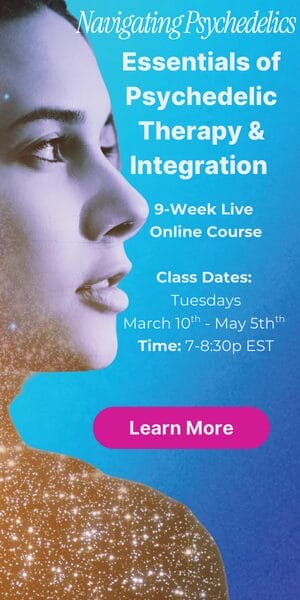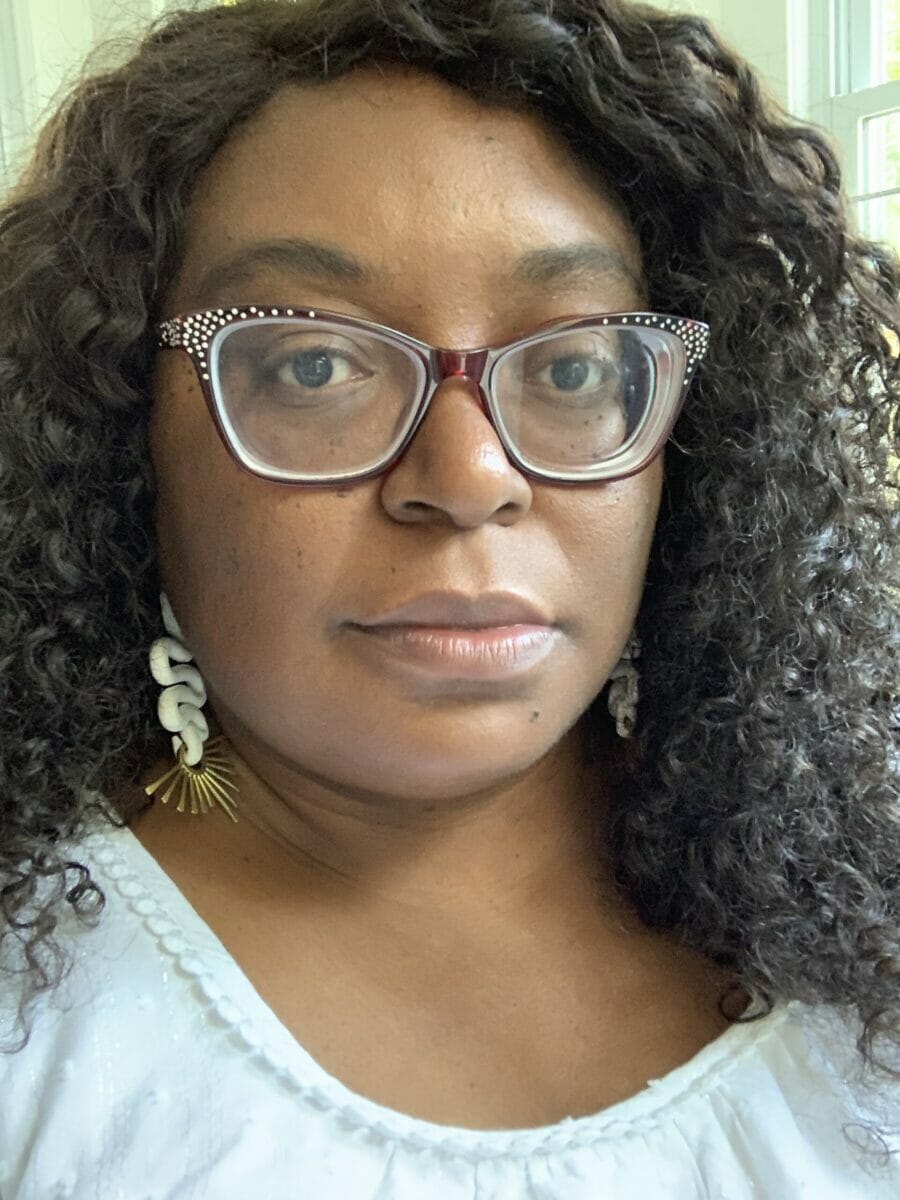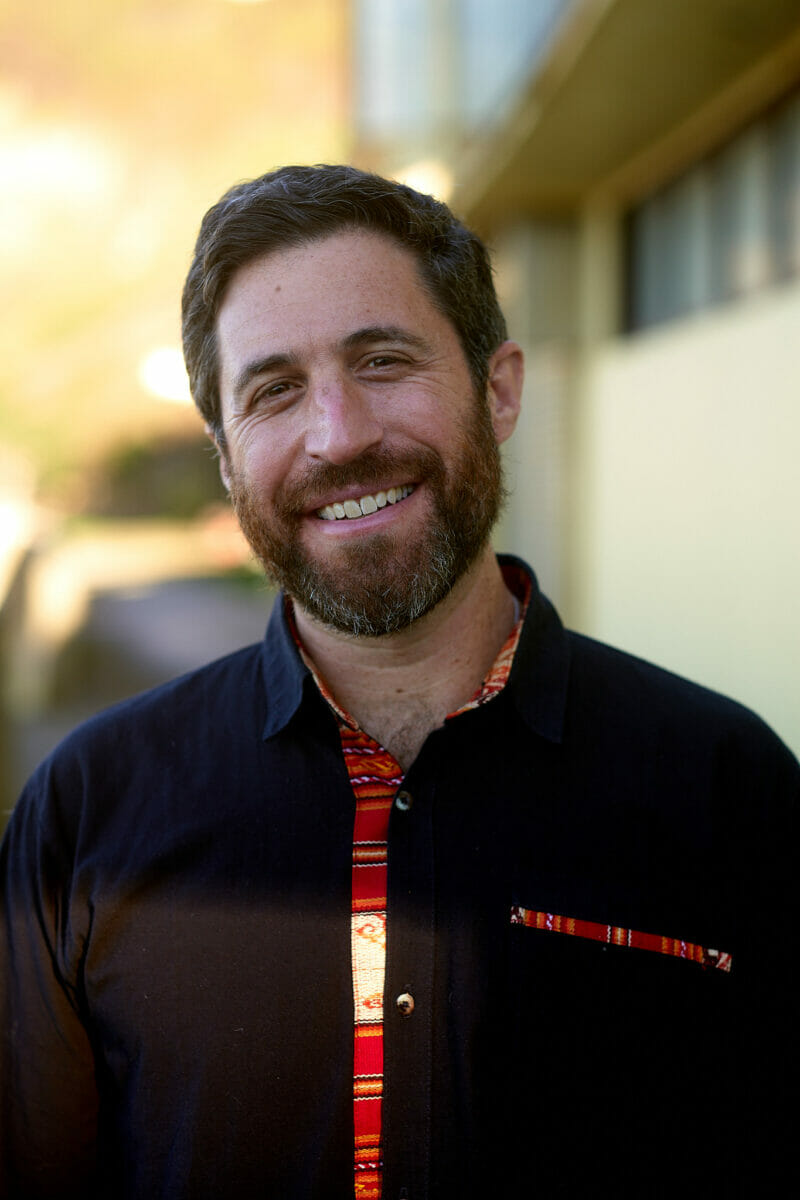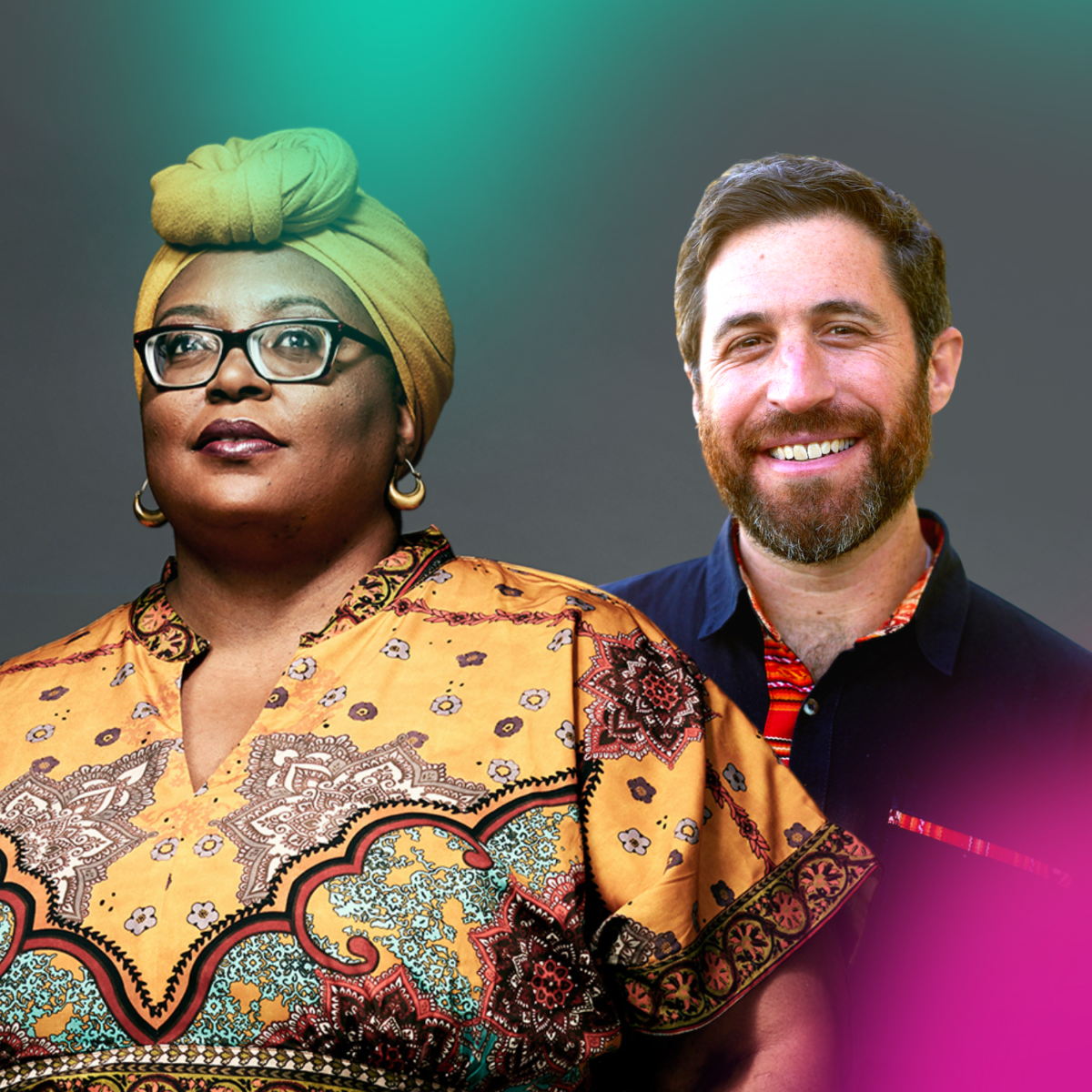
Culture
PT408 – Fireside Project: Harm Reduction Through Free Peer Support
May 2, 2023
Featuring: Hanifa Nayo Washington & Joshua White, Esq.
In this episode, David interviews two of the founding members of Fireside Project: activist, healing justice practitioner, musician, and Chief Ambassador, Hanifa Nayo Washington; and lawyer, aspiring researcher, and Executive Director, Joshua White, Esq.

In this episode, David interviews two of the founding members of Fireside Project: activist, healing justice practitioner, musician, and Chief Ambassador, Hanifa Nayo Washington; and lawyer, aspiring researcher, and Executive Director, Joshua White, Esq.
Fireside Project was created after White volunteered for a help line for years and realized a few things: that follow-up calls made a big difference; that the state of mental health in the U.S. was a disaster (he was talking to some of the same people for years); and that while psychedelics were becoming popular, they would likely only be accessible to the wealthy. Alongside Washington, they realized the most effective thing they could do would be creating a free help line where people could call for peer support during a psychedelic experience, and receive support in integrating that experience afterward. They’ve focused on finding volunteers who may be marginalized or who have been persecuted from the war on drugs, but most importantly, have real experience and true compassion (rather than letters after their name proving their credentials). They are on track to receive 10,000 calls over their first two years.
They discuss Fireside’s Burning Man origin story; the serendipity they’ve seen in the organization’s beginnings and so many calls; where the name came from; how they prepare volunteers; what true equity looks like; and how, while it’s a common challenge for therapists and facilitators to hold back and not try to fix a problem, that may be even more important here.
Fireside Project takes calls every day from 11am – 11pm PST, and while there is an app you can download, they recommend saving their number in your phone for when you need it (62-FIRESIDE). And to destroy the notion of being afraid to ask for help, they encourage everyone to share their stories on social media: the times that you’ve used Fireside Project or the times you had a challenging experience and wish you had known about them. Many newcomers have no idea this support exists, and it could truly be life-changing for them.
Notable Quotes
“What’s revolutionary about what we’re doing in this idea of democratizing care is that these are volunteers, and they come as peers. They come to the experiences having had their own experiences, and desiring to hold space for others as they navigate their experiences and navigate their processing afterwards. …They’re not doing therapy. They’re not diagnosing. They’re really with the person (the caller, the texter) as somebody who gets it.” -Hanifa
“I think some of the most powerful moments on the line come when we say absolutely nothing at all, when we just allow the silence to become almost palpable, to really feel that ember. I think silence has led to so many of the most beautiful moments that I’ve been lucky enough to see on the line.” -Josh
“By being able to create a safe and non-judgmental space for people by phone, then yes, that absolutely can reduce the risks of their psychedelic experiences. And I think there’s kind of a yin and yang here, which is that when a person is in a space of non-judgment, and when they do feel deeply seen and heard and listened to, then that not only reduces the risks, but it also allows someone to really turn towards their psychedelic experience and to unwrap the gift that’s before them.” -Josh
Links
Year of Yes, by Shonda Rhimes
Good Chemistry: The Science of Connection from Soul to Psychedelics, by Julie Holland (*Josh called it The Chemistry of Connection, but that’s a different book)

